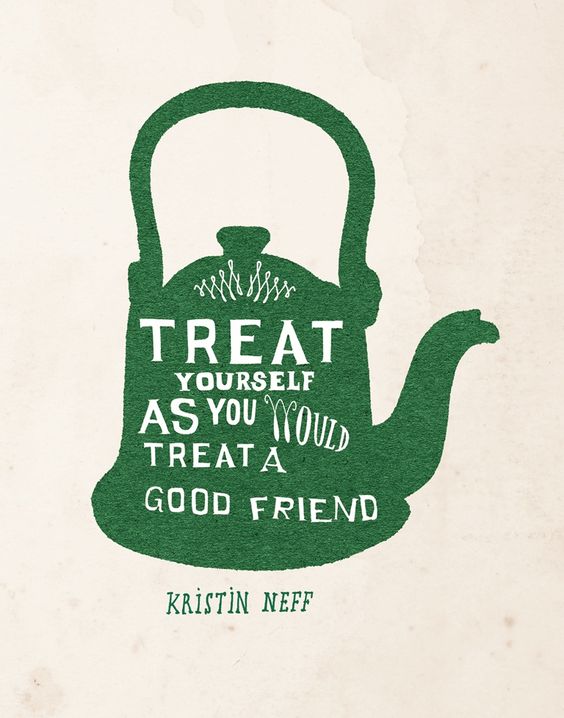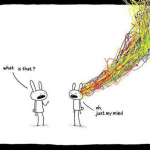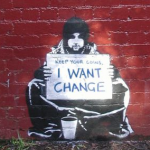There is one simple exercise which I like to do on workshops: I ask participants to write kind wishes for themselves and others from the group. In most of the cases what usually happens is that people forget to write wishes for themselves, or they “leave them behind”, until the end of exercise and then write something quickly as possible without much thinking.
Before I started doing this exercise I thought that there are not many people how are being unkind and self-critical towards themselves. So influenced by this experience more and more I started to wonder, can we be authentically compassionate and kind if we are not being self-compassionate?
Difference between compassion and self-compassion
It is important to acknowledge that self-compassion and compassion are equally important and connected. The main difference between them is whether the object of compassion is yourself or others. Dalai Lama once said: ” Loving oneself is crucial. If we do not love ourselves, how can we love others? It seems that when some people talk of compassion, they have the notion that it entails a total disregard for one’s own interests, the equivalent of sacrificing of one’s interests. This is not the case. In fact, genuine love should first be directed at oneself”.
How self-compassionate we are, I believe we can recognize by observing our inner self-talks, which can often be very self-critical, judgmental harsh and unkind, especially when we experience failure, make mistakes and feel vulnerable and hurt. Then the “truths” about ourselves from our heads become often unbearable. How would you treat a friend, partner, family member in difficult times they are experiencing? If your friend was hurt like you were, would you tell him/her the same words you are telling yourself inside of your own head? Or would you be more understanding and compassionate?
Photo source: Self Magazine
Three elements of self-compassion
Kristin Neff self-compassion teacher and researcher identifies three elements of self-compassion: Self-kindness, Common humanity and Mindfulness.
Self-kindness means that we are ready to be kind, emphatic and gentle towards ourselves when we feel inadequate, incompetent rather than ignoring our pain and becoming self-critical. Common humanity refers to resisting the tendency to isolate ourselves when dealing with adversity and being under stress. Vulnerability, imperfection, and pain are parts of human experience, so we can practice remembering that just like everyone else in the world we have our ups and downs. Mindfulness helps us to observe and notice our own thoughts, feelings, both pleasant and unpleasant, non-judgmentally without becoming over-identified with it or absorbed by it.
At the end of this day you can try out writing a compassionate, friendly, kind: letter, poem, story, wishes to yourself. Be creative, imaginative and most importantly be self-compassionate.



